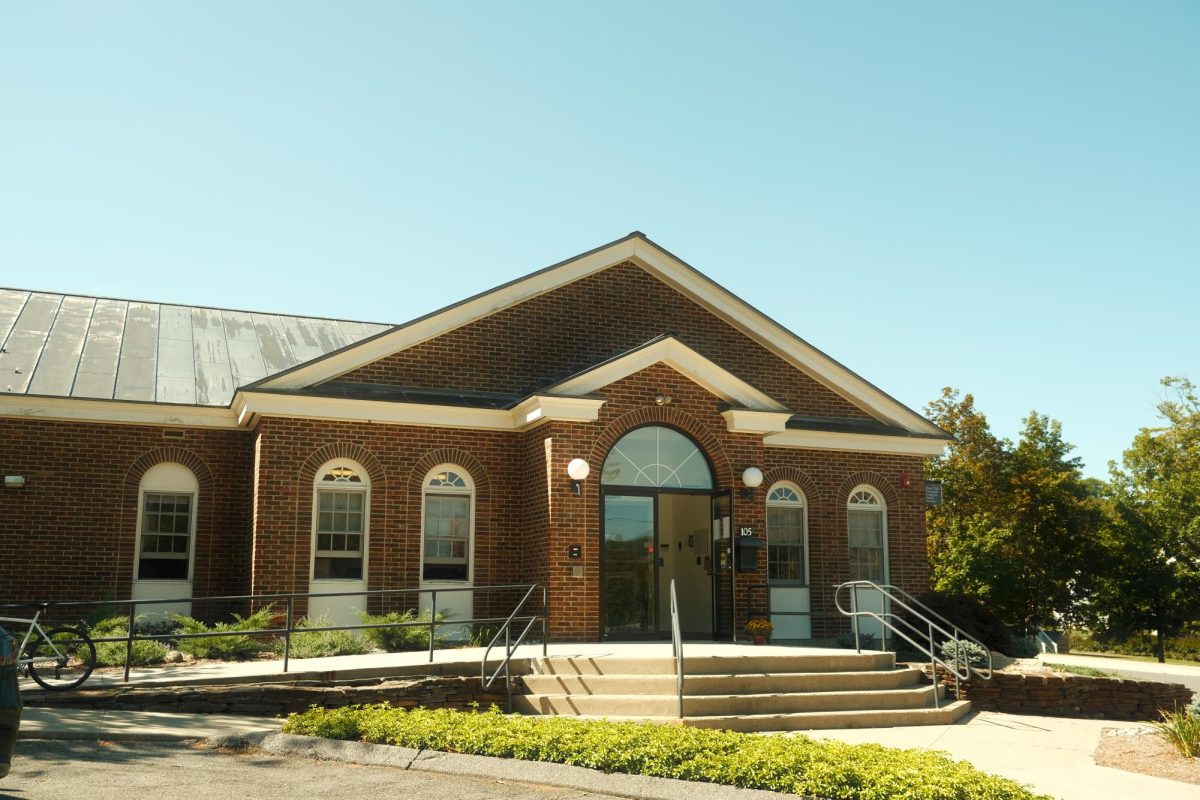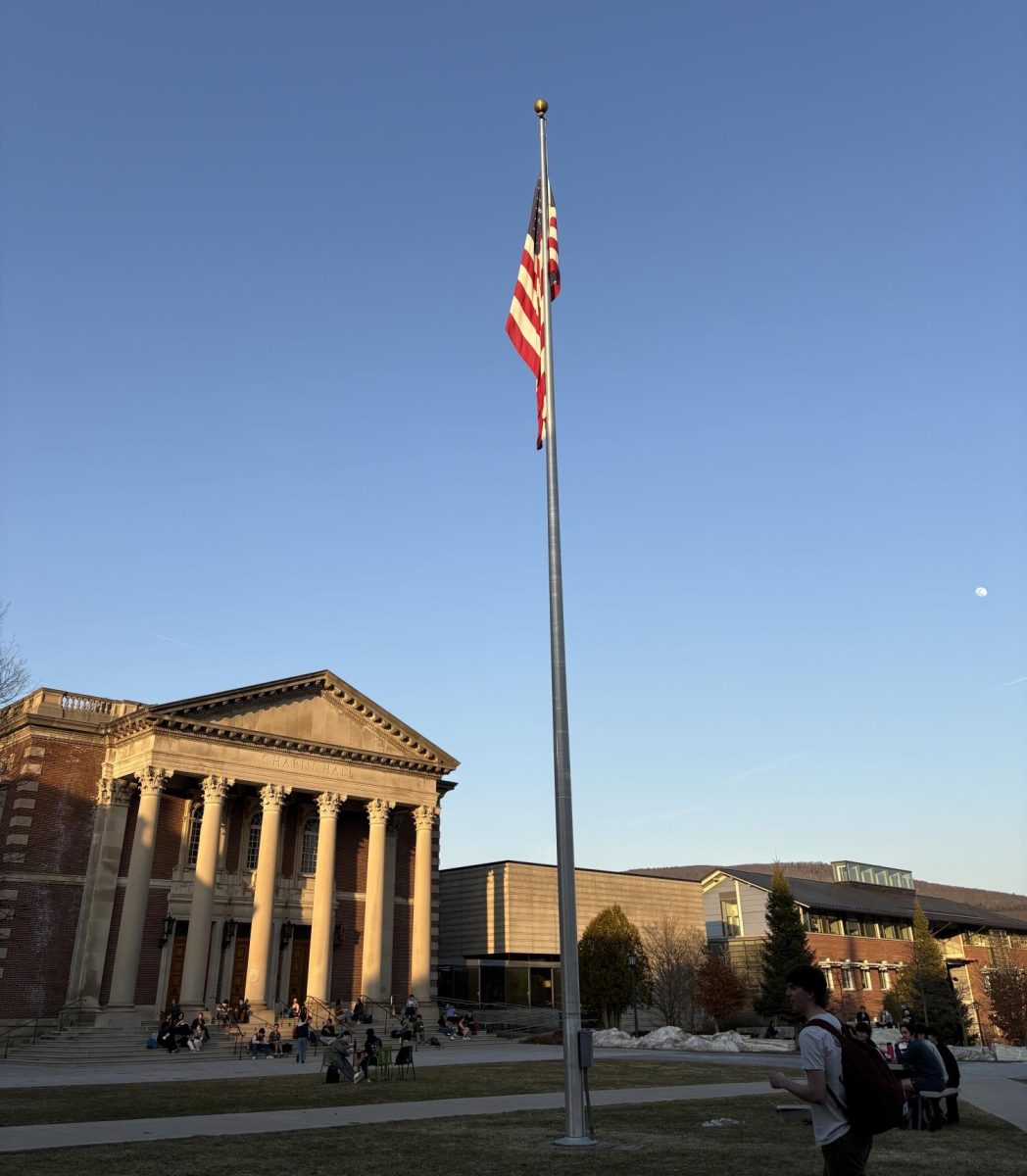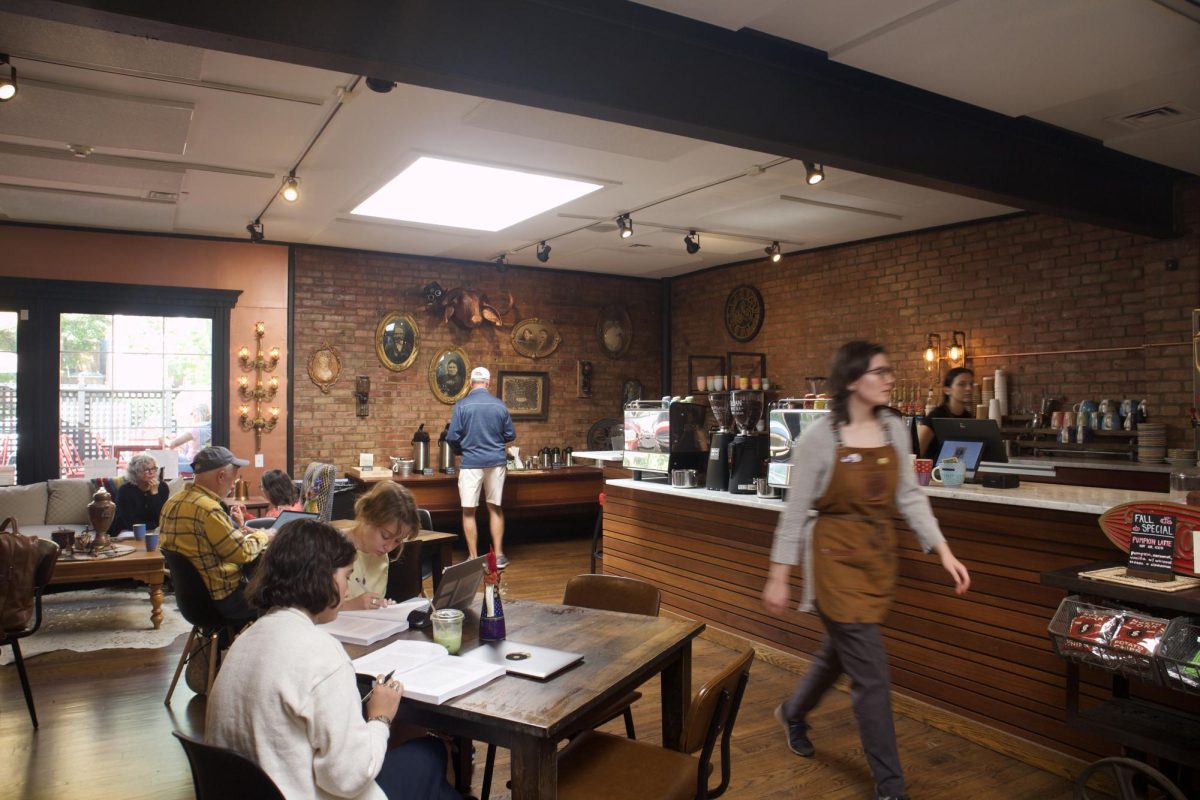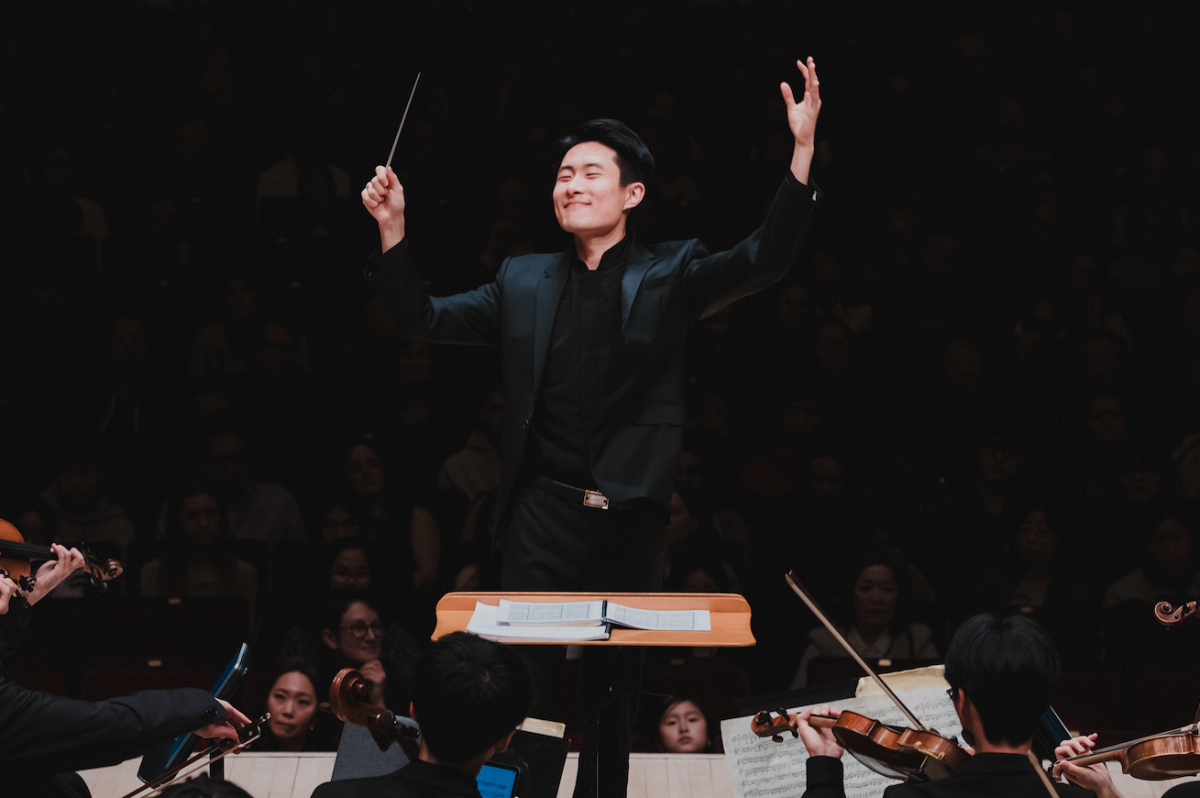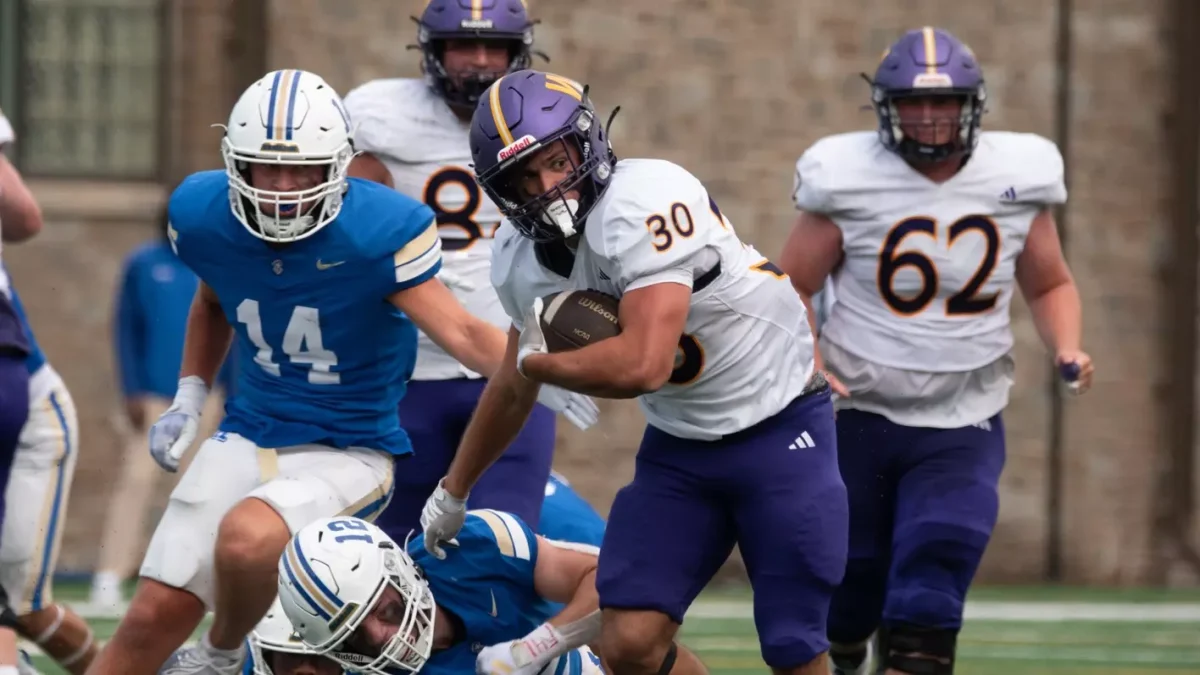Berkshire Symphony Student Soloist Competition returns to the College with four student winners
February 23, 2022
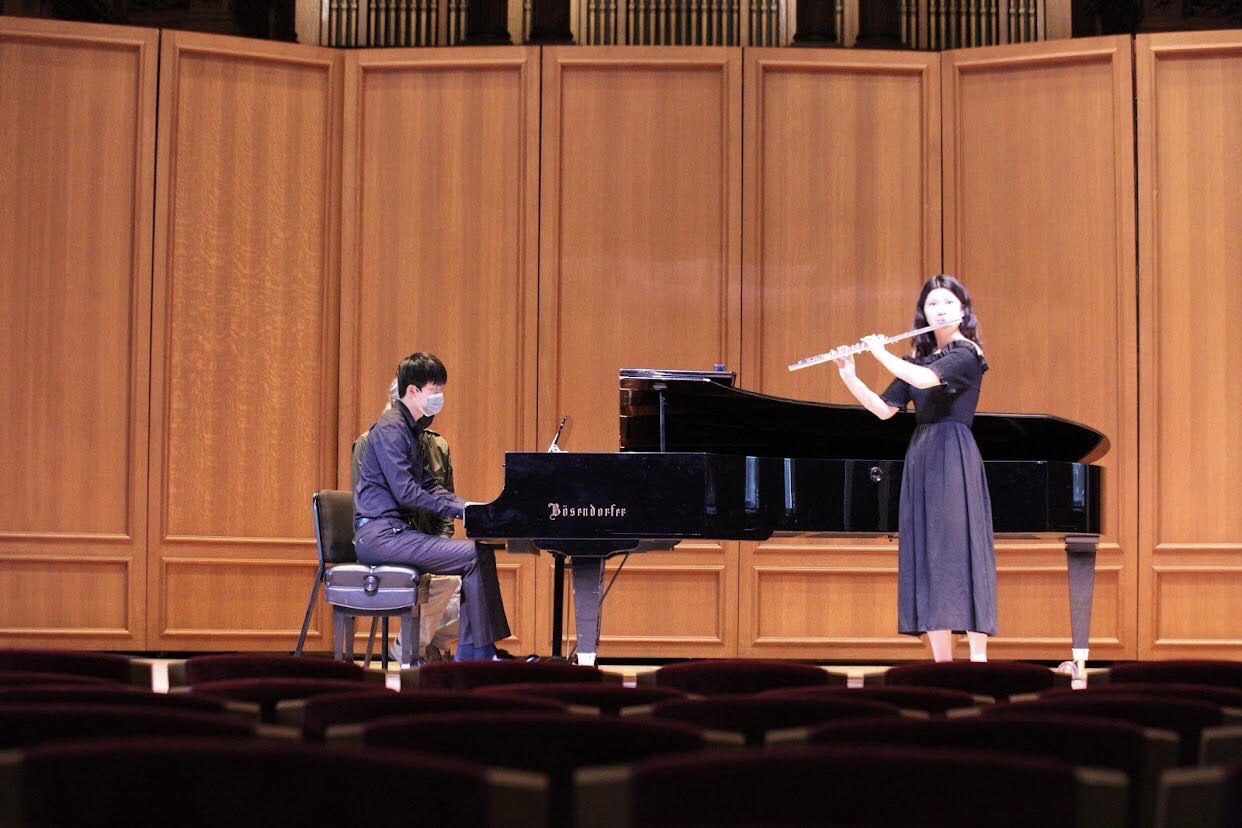
Last Tuesday, the Berkshire Symphony Student Soloist Competition returned after a year-long hiatus due to the COVID-19 pandemic. The winners of the competition were tenor singer Izaki Metropoulos ’22, flutist Hanbin Koo ’22, mezzo-soprano singer Leah Rosenman ’24, and soprano singer Sara Stebbins ’24. They performed classical works such as Una Furtiva Lagrima by Gaetano Donizetti, and Thy Hand Belinda/When I am Laid to Earth by Henry Purcell in Chapin Hall. The number of winners and the type of musician, instrumentalist, or vocalist who wins varies each year. Winners will perform their pieces with the full Berkshire Symphony Orchestra at the final concert of its spring season along with the winners of the 2020 competition, whose spring concert performance was canceled due to COVID.
Many students were drawn to the competition hoping for a chance to perform live with the Berkshire Symphony Orchestra. “My real dream was to sing … the song that I ended up winning with, with an orchestra,” Metropoulos said. Stebbins agreed that this opportunity will be a meaningful one. “I haven’t been officially studying voice for that long, and getting performance experience and getting to sing with the really, really fantastic orchestra, just incredible players, is amazing,” they said.
Lecturer in Music and Director of the Berkshire Symphony Ronald Feldman said in an email to the Record, “the concert demonstrates the high level of student musicians we continually attract to Williams.” Feldman added that this year, eight vocalists competed, which is a record-high number for the College. This first for the competition comes following the Opera Workshop’s La Bohème, a further indicator of the strong presence of vocal talent on the College campus. “Williams is a very [singer-heavy] campus,” Metropoulos said, referring to acapella groups. “But the idea that we can also sing classically at a high level is amazing, and I hope people got a taste for that.”
Feldman said that he attributes the increase in vocal performances to College faculty such as Artist Associate in Voice Paul La Rosa ’02 and Artist Associate in Voice and Erin Casey, who together directed the Williams Opera Workshop. Metropoulos and Stebbins both said that their vocal instructors encouraged them to participate. After a difficult pre-performance rehearsal, Metropoulos considered dropping out of the competition, but “[La Rosa] met up with me and we sat down for an hour and talked through things,” Metropoulos said. “He coached me through the whole thing.”
La Rosa was inspired to help support new talents because he won the Soloist Competition as a student at the College 20 years ago. He said he is grateful to help run the vocal program, which has grown through events like the Opera Workshop since his years as a student.
Although coaching a student for competition is similar to coaching regular lessons, La Rosa said that he trains his students to increase the presence of certain vocal frequencies so they may be heard over a full orchestra. These specific harmonic overtones are called the Singer’s Formant. “If you’re singing with an orchestra, you can’t be heard otherwise,” La Rosa said. “That’s the sort of frequency that can cut through a massive string section and ping off the back wall. Having the opportunity to be able to sing with an orchestra will allow the singers to really put that into play.” Additionally, La Rosa detailed character-building with students. “There’s going to be talking about what we are going to do vocally to be able to bring out the emotion of the scene,” he said. Ultimately, La Rosa said practicing in front of an audience and judges helps singers’ stage confidence, despite the vulnerability of singing live.
However, according to La Rosa, there are still improvements that can be made, as the College does not have a specific vocal department or additional pipelines for professional opportunities.
While the presence of vocalists was the highest it has ever been, there was a low number of string-players who auditioned. This year there were no string players competing, which has not occurred since Feldman came to the College in 2001. “We have an excellent string faculty,” he said. “It just so happened that none of the student string players were ready to compete.”
The lack of string players allowed other instrumentalists such as woodwind players and pianists to shine. Hanbin Koo ’22 won with her performance of the technically-difficult Mozart Flute Concerto No. 2. In addition to pianists, the College had three performing flutists. Chen Chen Huang ’23, who performed Mozart’s Flute Concerto No. 1 in G Major, described the camaraderie between the players. “The competition is more of a celebration of student talent,” Huang said.
Huang hoped that the audience recognized the effort that students put into their performances. “It is a product of a lot of work and passion about the piece [the musicians] are doing and music in general. I hope that shines through,” Huang said.
Metropoulos hoped the vocal performances would spur audience members to get involved. “I think people got a taste of what [the vocal department has] to offer, which is huge because we’re talking like really amazing talent there,” Metropoulos said. “I hope if there are students in the audience it encourages them to apply to the studio and take lessons.”



